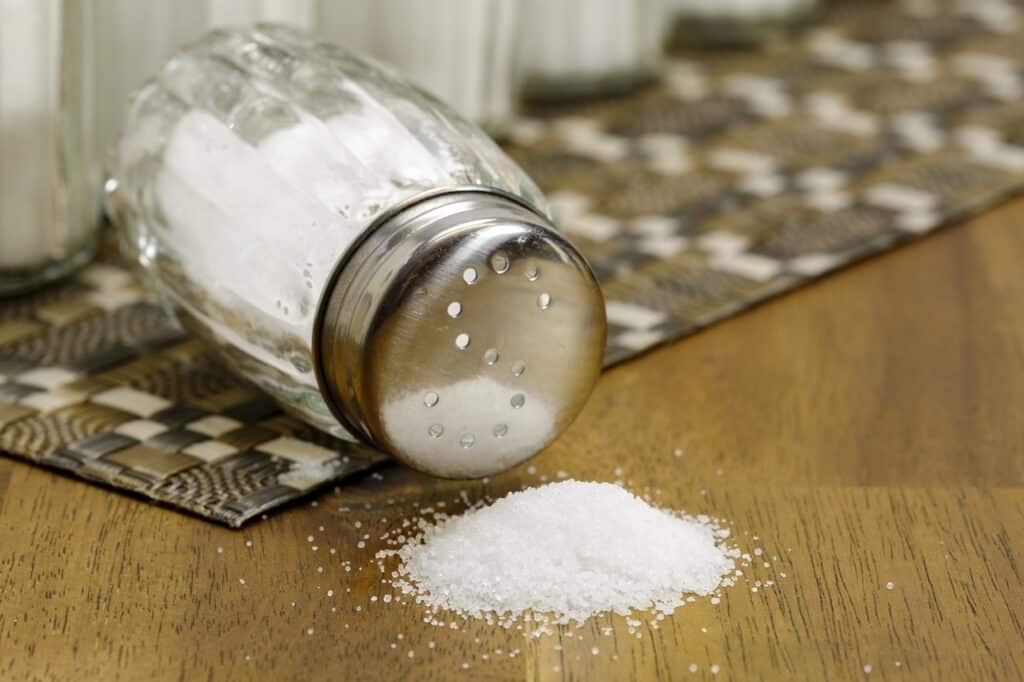A recent study shows that in African Americans with both CKD and hypertension, there is a connection between greater urinary sodium excretion and higher blood pressure.
Researchers conducted the study with the intent of learning more about the relationship between sodium and blood pressure, so they wanted to work specifically at a population known to be highly sensitive to salt. (Some African Americans have a gene variation that makes them more sensitive to salt and, subsequently, more susceptible to high blood pressure.) Similar studies have been conducted in the past, but the new study had the advantage of analyzing multiple twenty-four-hour urine collections, which were gathered from the African American Study of Kidney Disease and Hypertension, while previous studies had only gathered data from a single twenty-four-hour urine collection.
The average sodium excretion among the study’s participants was 3.7 grams per day. The study analyzed the relationship between sodium excretion, blood pressure, and left ventricular mass, as well as the possibility of various cardiovascular outcomes including heart failure, stroke, hospitalization for myocardial infarction, and cardiovascular mortality. Both systolic and diastolic blood pressure were taken using twenty-four-hour ambulatory blood pressure monitoring.
The researchers discovered that even just a one-gram increase in sodium in a single twenty-four-hour sodium extraction could be associated with a 1.3/0.99 mmHg increase in blood pressure. It was also associated with a higher left ventricular mass, or the mass of the heart’s main pumping chamber, which can be a predictor of poor cardiovascular health and premature death. However, they did not discover any significant relation between sodium excretion and the various other cardiovascular outcomes included in the study. Future studies will need to be conducted to learn more about the ideal sodium levels needed for optimal cardiovascular health.
Although more research is needed, this study does reinforce commonly given recommendations for reducing sodium intake for CKD patients. This research is highly relevant to those with CKD because high blood pressure can be both a cause and an effect of CKD: hypertension can damage blood vessels that supply the kidneys with proper blood flow, leading to kidney damage, and that damage in turn can inhibit the kidneys’ role of regulating blood throughout the body.
The large sample size of the study lends even more validity to the claim that there is a strong connection between sodium intake, hypertension, and kidney disease. By simply reducing or limiting sodium intake, it’s very probable that CKD patients could reduce their blood pressure while likely improving their cardiovascular health as well.

